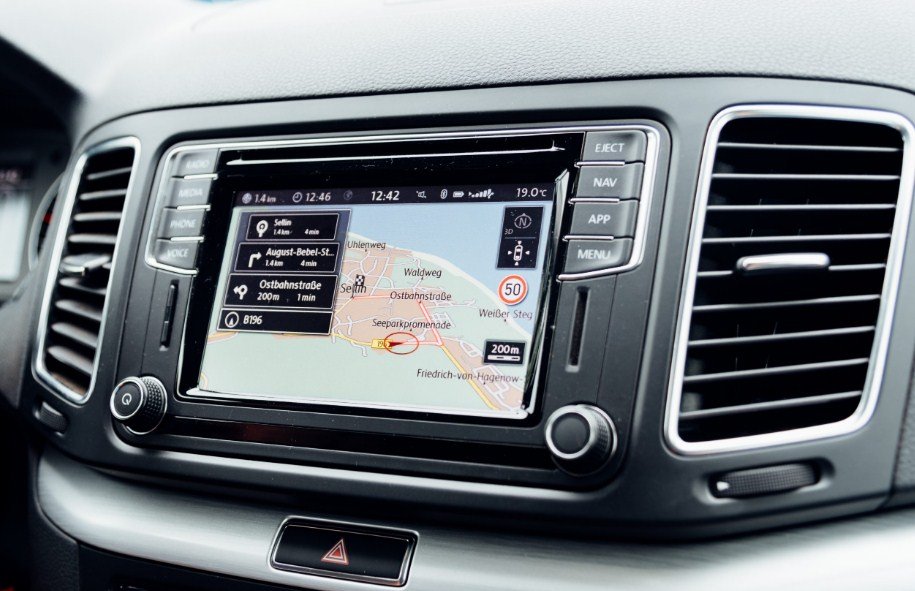A Brief History of GPS
GPS, or Global Positioning System, is a U.S.-owned free utility that offers positioning, navigation, and timing services to users all over the world. It relies on a system of 32 satellites that send signals for positioning and timing. GPS was invented for the military, but it was extended to civilian use by President Reagan in 1983 after Russians brought down a Korean Air Boeing 747. The plane had strayed into Soviet airspace, and the crash killed 269 people on board, including Rep. Larry McDonald (D-Ga.).
GPS was designed by a team of 12 people in a Pentagon conference room over the Labor Day weekend in 1973. The air conditioning was turned off to save money. It was hot, humid and dark. For food they ate stale hamburgers out of the 4th floor automat. The parking lot was nearly empty.
The first GPS satellite was launched in 1978, and the full constellation of 24 satellites became operational in 1993. Since then, GPS has evolved into an indispensable global utility that affects virtually every facet of modern life.
The Economic Benefits of GPS
A National Institute of Standards and Technology-sponsored study estimates that GPS has generated around $1.7 trillion in economic benefits for America since its launch half a century ago. GPS has enabled innovations and improvements in various sectors, such as transportation, agriculture, construction, emergency response, and precise timing for financial transactions and communications networks.
GPS has made transportation safer, more efficient, and more convenient. It has reduced travel times, fuel consumption, emissions, and accidents. It has also enabled new services and applications, such as ride-hailing, car-sharing, navigation systems, traffic management, and autonomous vehicles.
GPS has revolutionized agriculture by allowing farmers to optimize crop production, reduce costs, and conserve resources. It has enabled precision farming techniques, such as variable rate application, yield monitoring, soil mapping, and guidance systems.
GPS has enhanced construction by improving surveying, mapping, planning, and design. It has also improved the accuracy and efficiency of construction equipment, such as bulldozers, excavators, cranes, and pavers.
GPS has improved emergency response by providing accurate location information for first responders, victims, and hazards. It has also facilitated disaster management and recovery by supporting situational awareness, coordination, and communication.
GPS has provided precise timing for critical infrastructure and systems that rely on synchronization and coordination. It has supported the operation of power grids, telecommunications networks, banking systems, stock exchanges, and internet servers.
The Future Challenges of GPS
GPS is facing increasing challenges from various sources that threaten its availability, accuracy, and reliability. These include natural phenomena, human interference, cyberattacks, and space congestion.
Natural phenomena such as solar flares can disrupt the radio signals from GPS satellites. Human interference such as jamming or spoofing can interfere with or manipulate the signals received by GPS receivers. Cyberattacks such as hacking or malware can compromise the security or integrity of GPS data or systems. Space congestion such as orbital debris or satellite collisions can damage or destroy GPS satellites.
To address these challenges, GPS is undergoing modernization efforts to enhance its performance and resilience. These include launching new satellites with improved capabilities and security features; developing new signals with higher power and bandwidth; upgrading ground control stations with better software and hardware; implementing backup systems such as eLoran or inertial navigation; and collaborating with other countries or regions that operate their own satellite navigation systems such as Galileo or BeiDou.
GPS is a remarkable achievement of American ingenuity and technological progress that has changed the world in 50 years. It has brought enormous economic benefits to various sectors and industries. It has also enabled countless innovations and applications that have improved the quality of life for millions of people. However, GPS also faces significant challenges that require continuous efforts to ensure its availability, accuracy, and reliability for the future.

